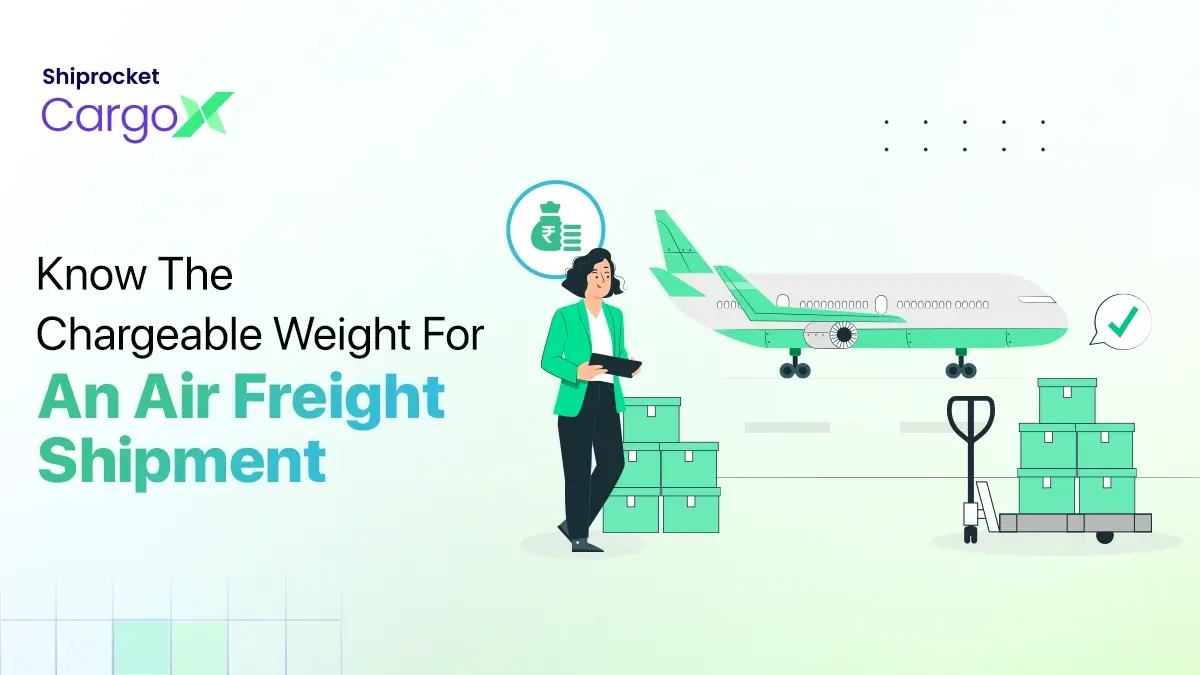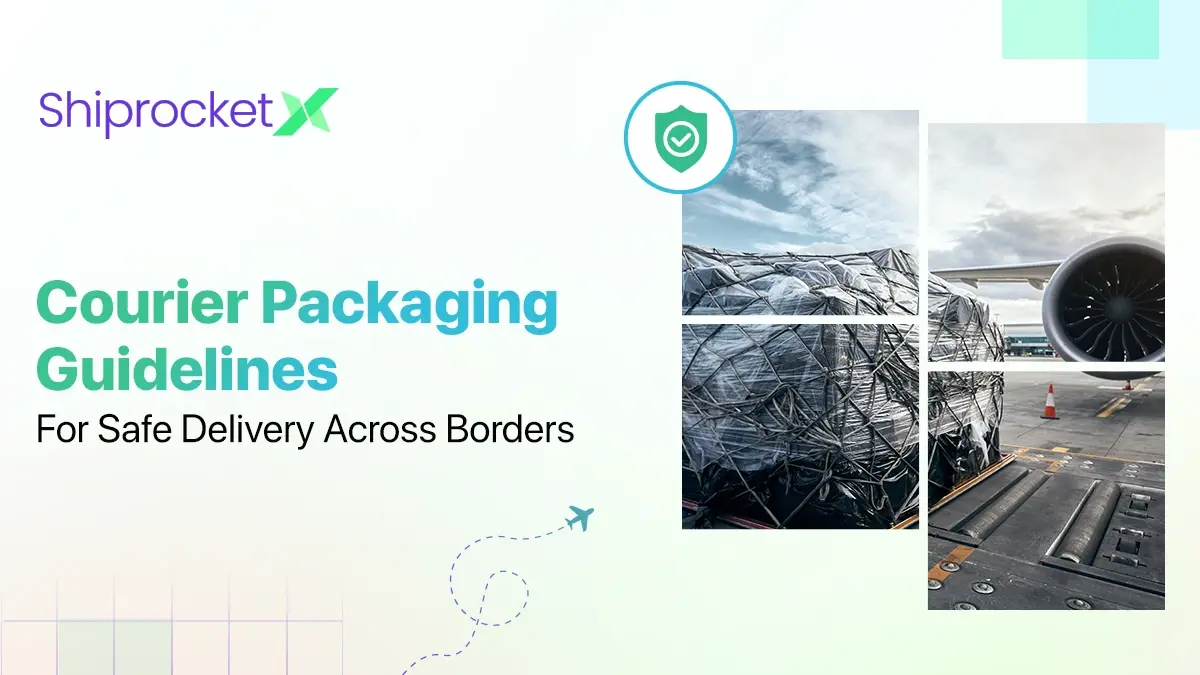The Seller’s Handbook To Intermodal Transportation
In this hyper-competitive eCommerce ecosystem, delivering your products on or before time gives you an edge over your competitors. But how do you go about this? You cannot pick the right courier partner without having awareness about how they ship the parcels they pick up from your warehouse. Therefore, here is a brief insight into intermodal transportation, so you are equipped to ask the right questions about the shipping of your eCommerce website orders. Let’s dive right into it.
What is Intermodal Transportation?
Intermodal transportation refers to the use of two or more modes of shipping for shipment delivery. It could be a combination of rail and air mode, rail and road, or rail, road, and air. If your goods are transported by more than one method, they are following an intermodal transportation technique.
Specialized containers are used for transporting goods, and this cargo is loaded onto trucks, trains, or flights. These containers are standardized to ensure smooth movement between different modes of transport.
In Intermodal transportation, you don’t sign up on a single contract. You can hire different service providers for every transport mode and customize the entire process for your business needs.
Advantages of Intermodal Transportation
Cost-effective
Intermodal transportation is cost-effective as it does not restrict you to one mode of transportation. For example, if a company ships only through surface mode, i.e., trucks or trains, they will have to invest in resources such as a large fleet, drivers, border documentation, etc. Whereas, intermodal transportation gives companies the benefit of deciding the route for their shipment that is most feasible and does not cost them a lot.
Environment-friendly
When you ship from multiple modes of transportation that include air and rail, the overall carbon footprint decreases. It is because you use less diesel, emit less carbon dioxide, and release lower amounts of pollutants overall. It helps you ship consciously.
Faster
When you alter your route and include different methods of transportation, the delivery of your package can be done faster. Owing to avoidance of road closures, border documentation, loading time, the boxes can be delayed by a large margin. With intermodal transportation, you can pick the fastest means and ensure that your containers make it in time to the destination.
Safer
With standardized containers and experienced resources, the packages in intermodal transportation are much more reliable than a single mode of transportation. Moreover, if you rely on one method like road, the chances of accidents are more significant and hence, more damage to the shipment. With intermodal transportation, you can skip the accident-prone areas with an alternate route and decrease risks immensely!
Flexible
Since intermodal transportation does not restrict you to one carrier/contract, you don’t have to follow any single route. You can easily mix and match the modes, arrangements and facilitate the fastest means of transportation for your goods.
Difference Between Multimodal and Intermodal Transportation
Let’s begin by defining multimodal transportation.
Multimodal transportation is the movement of goods from one place to another through different modes of transport, under a single contract.
The main difference between multimodal and intermodal transportation is contractual terms. In intermodal transport, you are the king of your choice and can choose different carriers for your shipment along with separate contracts.
However, in Multimodal transportation, the contract is one. Hence, you cannot decide the utilization of the different modes of transportation at various stages of the journey.
With the fundamental difference between intermodal and multimodal transportation cleared, you can see which best suits your business. These are primarily useful for importing or exporting a large number of goods.
For eCommerce businesses, you can simplify your operations and ship with courier aggregators like Shiprocket to deliver seamlessly to your customers.
Intermodal transportation is useful for wholesalers and B2B businesses that export material to retail shops. In such cases, you can reduce your freight costs, ship consciously, and also deliver the content sooner to your destination.
Conclusion
Intermodal transportation is a positive step for your business if you want to ship your wholesale orders seamlessly. If you’re particular about how you ship orders and want them to be shipped in the fastest way, with the best of resources, you must opt for intermodal transportation techniques.






